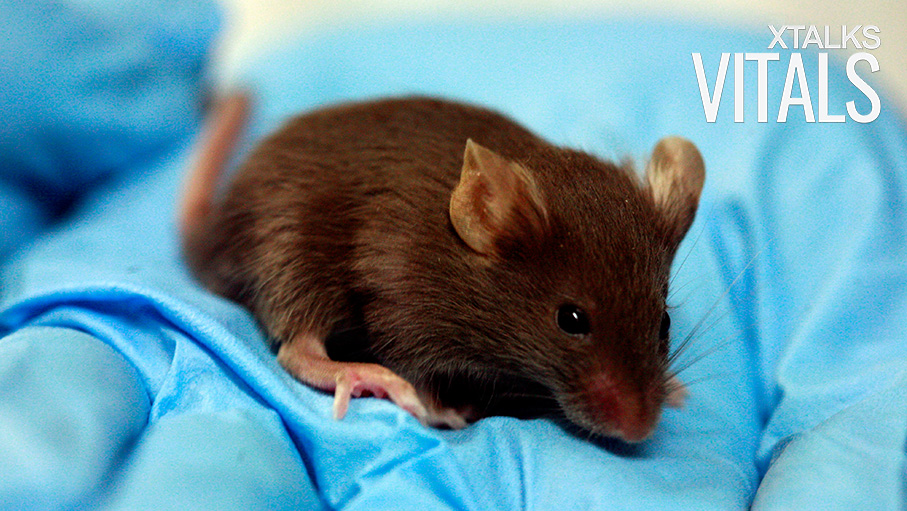Lab-grown mini lungs have successfully been transplanted into mice by researchers at the University of Michigan. Not only did the lung tissue survive the transplant process, but it also began to grow and differentiate in the immunosuppressed mice.
“In many ways, the transplanted mini lungs were indistinguishable from human adult tissue,” said Dr. Jason Spence, senior study author and associate professor in the Department of Internal Medicine and the Department of Cell and Developmental Biology at the University of Michigan Medical School. The findings – which were published in the journal, eLife – could offer researchers a new tool to study a variety of lung diseases.
Respiratory diseases such as lung cancer, are responsible for about one in every five deaths worldwide. Despite the many advances made in treating lung cancer over the past three decades, survival rates continue to be low.
Lab-grown lungs could help researchers develop more effective therapeutics to treat lung cancer, among other lung diseases, by providing an accurate model with which to screen drug candidates. In addition, this lab-grown tissue could be used to replace damaged lungs in patients with lung disease.
In order to grow the mini mice lungs ex vivo, the researchers manipulated a number of signaling pathways necessary for stem cell differentiation. Those signaling pathways were involved in a number of different areas of differentiation, including cell growth and organ formation.
In previous studies, the researchers were able to demonstrate that their lab-grown lungs contained all the necessary structures for proper organ functioning. The tissue contained bronchi, which are responsible for moving air both in, and out of the body, along with alveoli which facilitate gas exchange between the lungs and the bloodstream.
Unfortunately, the mini lungs weren’t organized in the same way endogenous lung cells are. To fix this, the researchers attempted to transplant the lab-grown tissue into mice, but were largely unsuccessful.
Using a biodegradable scaffold developed by researchers in the biomedical engineering department at the University of Michigan, the team were finally able to implant the mini lungs into the mice. The biodegradable scaffold provided the lung cells with the structure necessary for them to form a mature airway.
“In just eight weeks, the resulting transplanted tissue had impressive tube-shaped airway structures similar to the adult lung airways,” said Briana Dye, a graduate student in the University of Michigan Department of Cell and Developmental Biology. According to the researchers, the alveolar cells failed to grow in the transplant recipients, however many other specialized cell types were detected in the adult lab-grown lung.












Join or login to leave a comment
JOIN LOGIN